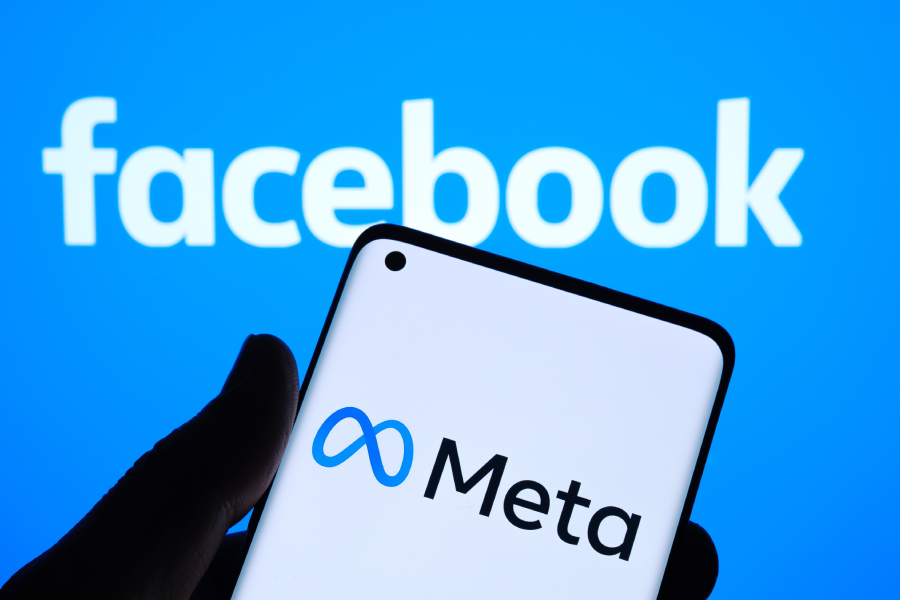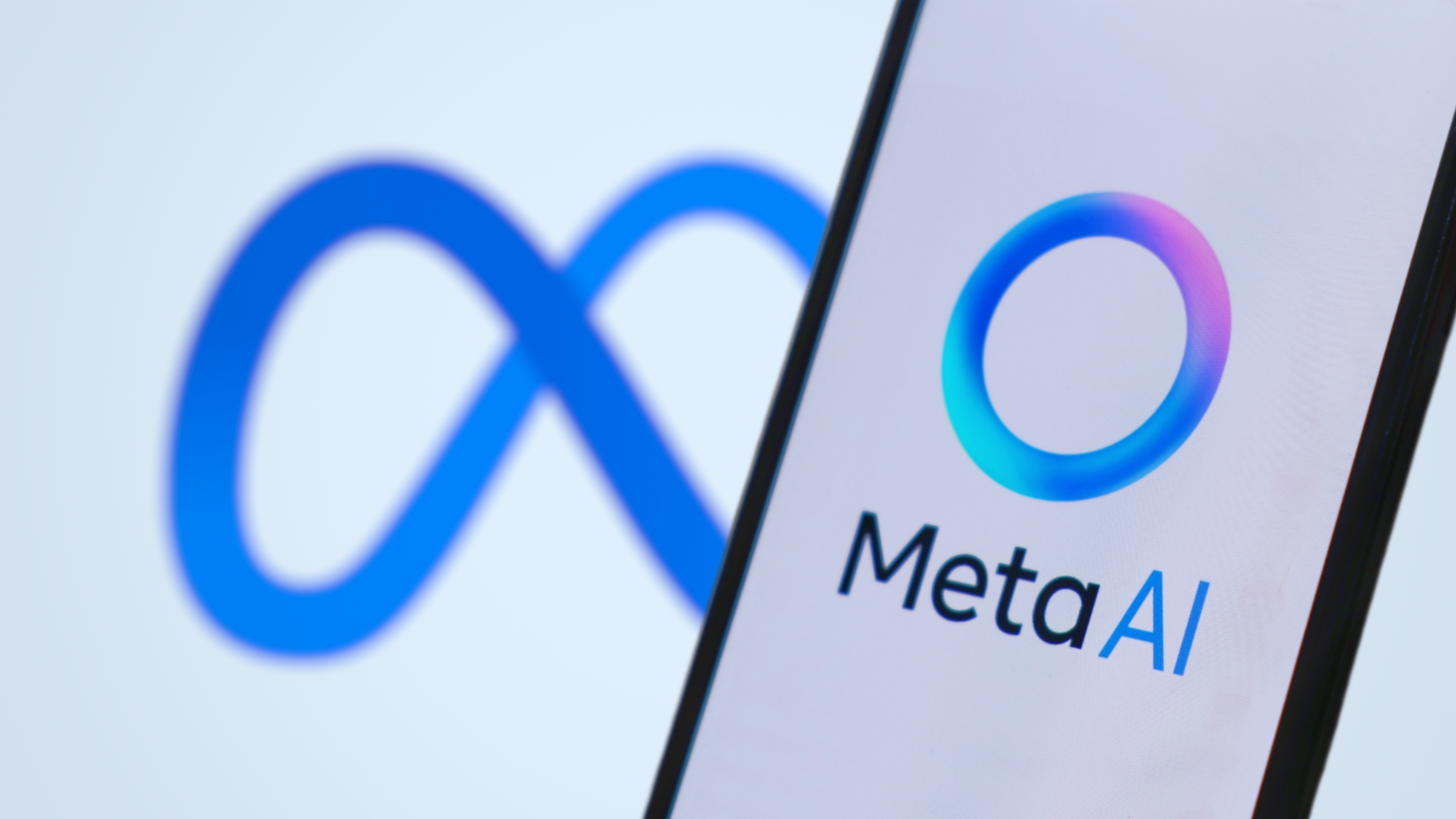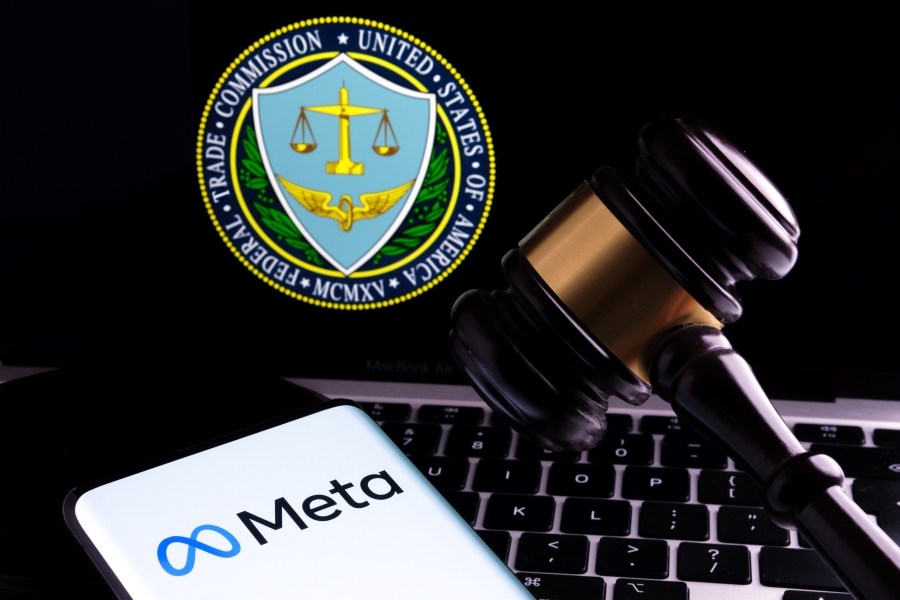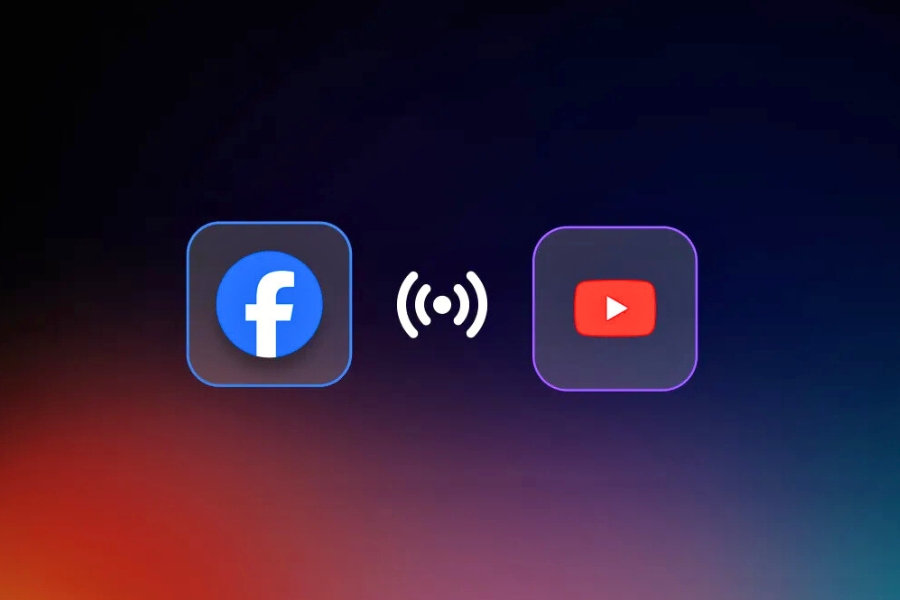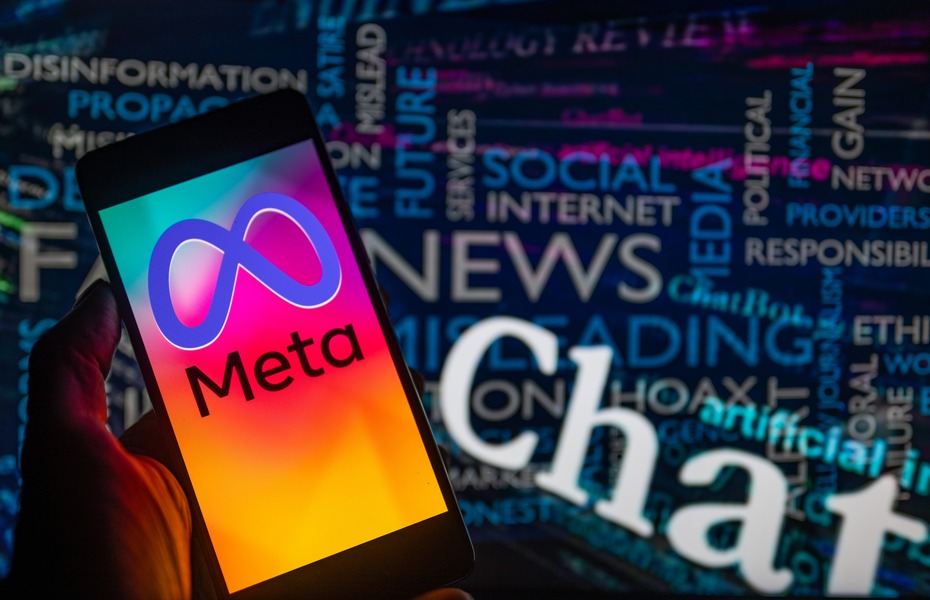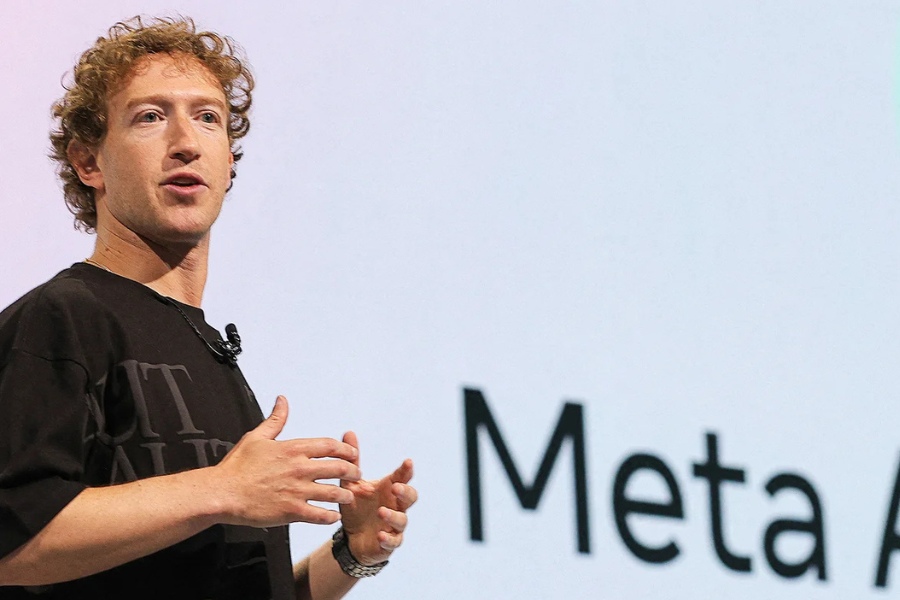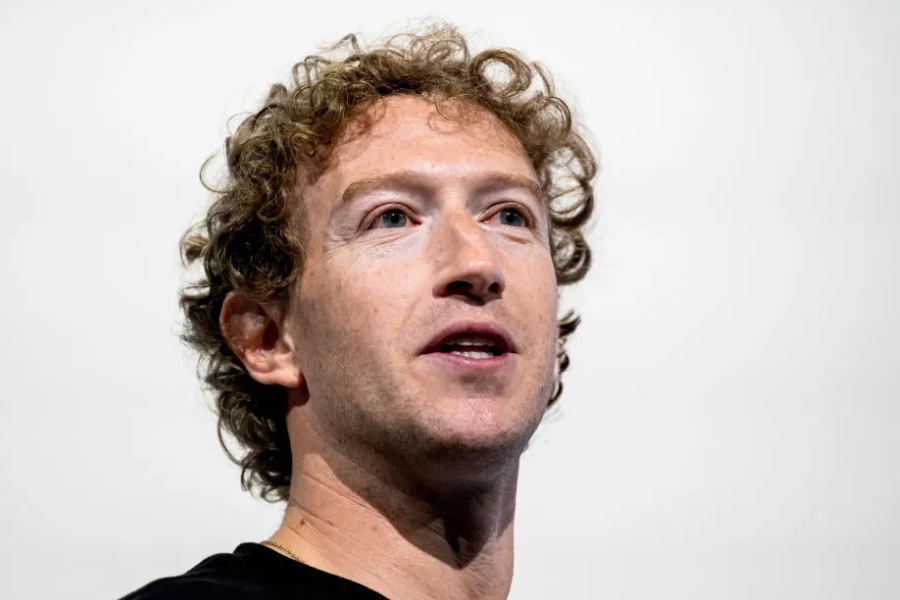A group of organisations in the US, including The Anti-Defamation League and the NAACP, have called for advertisers to boycott Facebook during July to protest what they describe as Facebook's failure to "regulate hateful content".
So far, 360i, a division of Dentsu Aegis Network, has written to its clients in support of the boycott. No news yet from Carat and iProspect.
Similarly North Face has announced its withdrawal for July and until "stricter policies are put in place". VF Group, its owner, has not announced similar actions for Timberland, Vans and Jansport, which it also owns.
It seems unlikely that Facebook will be bought to its knees by this boycott and so far it appears that most brand owners and agencies are keeping their thoughts to themselves.
Some executives voice concerns about Facebook in their Twitter feeds and elsewhere but few have made unequivocal "pro or con" statements.
The reason for the relative silence might come from one of two places; either marketers think that Facebook is not a problem or they think it's simply too valuable a marketing channel to boycott.
Both may be true; perhaps the question we should be asking is "what can Facebook do?" and, assuming we conceive of a practical course, devote our energies to encouraging that action.
We know that fundamental to the Facebook model is the unfettered ability to post content to the platform. Very small portions of that which is posted, both to news feeds and groups, is very bad indeed.
We also know that the business model is supported by allowing both sharing of content and algorithmic content recommendation.
Both increase the amount of time spent on the platform and thus increase available inventory for monetisation. It's sharing and recommendation that create the "uncontrollable spread". In the year of the pandemic, this might give us some direction.
The social harm that can result from the use of Facebook by bad actors would be massively reduced by eliminating sharing (social distancing) and by applying human moderation (face masks) to algorithmic recommendation.
In this scenario, posting will be unaffected and Facebook can continue to focus on detection of unacceptable content.
Sharing will be a loss for some people although they can still react, like and comment. Placing constraints on recommendation will effectively place a net over the rabbit hole.
Brand owners get almost no benefit from content sharing, little of their content is amplified by recommendation.
Few good actors would stop using Facebook to stay connected even if sharing was disabled.
Let's ask Facebook to impose this moratorium for the rest of 2020. Perhaps a clearer vision of the future will result.
Rob Norman is a former chief digital officer of GroupM.



